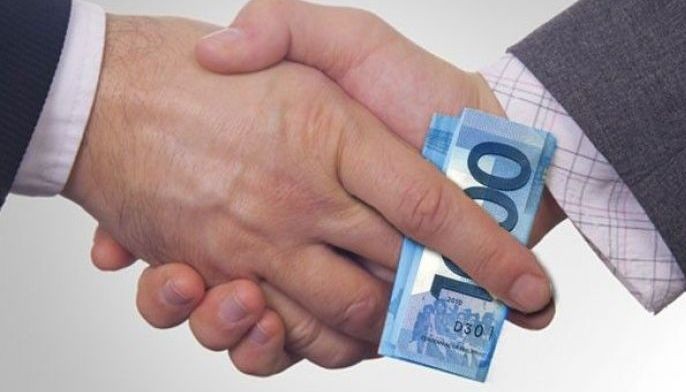Direct bribery as ground for suspension, disbarment of lawyers
The crime of direct bribery is a crime involving moral turpitude. In Magno v. COMELEC,[1] the Supreme Court ruled:
'By applying for probation, petitioner in effect admitted all the elements of the crime of direct bribery:
1. the offender is a public officer;
2. the offender accepts an offer or promise or receives a gift or present by himself or through another;
3. such offer or promise be accepted or gift or present be received by the public officer with a view to committing some crime, or in consideration of the execution of an act which does not constitute a crime but the act must be unjust, or to refrain from doing something which it is his official duty to do; and
4. the act which the offender agrees to perform or which he executes is connected with the performance of his official duties.
 Moral turpitude can be inferred from the third element. The fact that the offender agrees to accept a promise or gift and deliberately commits an unjust act or refrains from performing an official duty in exchange for some favors, denotes a malicious intent on the part of the offender to renege on the duties which he owes his fellowmen and society in general. Also, fee fact that the offender takes advantage of his office and position is a betrayal of the trust reposed on him by the public. It is a conduct clearly contrary to the accepted rules of right and duty, justice, honesty and good morals. In all respects, direct bribery is a crime involving moral turpitude.[2]
Moral turpitude can be inferred from the third element. The fact that the offender agrees to accept a promise or gift and deliberately commits an unjust act or refrains from performing an official duty in exchange for some favors, denotes a malicious intent on the part of the offender to renege on the duties which he owes his fellowmen and society in general. Also, fee fact that the offender takes advantage of his office and position is a betrayal of the trust reposed on him by the public. It is a conduct clearly contrary to the accepted rules of right and duty, justice, honesty and good morals. In all respects, direct bribery is a crime involving moral turpitude.[2]Clearly, direct bribery is a crime involving moral turpitude which is a ground for the suspension or disbarment of a lawyer from his office as an attorney.
[1] 439 Phil. 339, 346-347 (2002).
[2] Id at 361-362.
